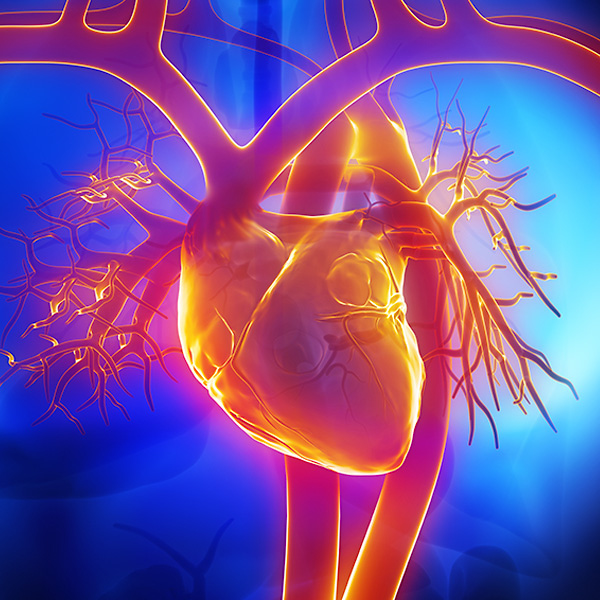Comprehensive Hemodynamic Evaluation
Diagnostic Evaluation to Determine Blood Pressure Health
Cardiologists at Loyola Medicine are expert at implementing the latest technology and diagnostic tests for evaluating and diagnosing heart and vascular conditions. Comprehensive hemodynamic evaluation is one of the many tools our highly skilled doctors use to evaluate your cardiovascular health.
Hemodynamics is the method used to study blood pressure and how well your body transports oxygen in your blood to the tissues of your body. The job of your cardiovascular system (made up of your heart and blood vessels) is to carry and deliver oxygen to the right place at the right time in your body. Hemodynamic evaluation enables doctors at Loyola to ensure this process is working properly for you and to make timely health decisions.
Hemodynamic evaluation is complex and provides doctors with insights into all of the components that affect your blood pressure and cardiovascular health, including:
- Blood volume — Doctors can determine if the volume of blood you pump is normal, if you have increased volume or fluid overload caused by fluid retention, or if you have decreased volume caused by fluid loss.
- Inotropes — Doctors can evaluate hormone-like substances that circulate through the blood and stimulate the heart muscles to increase or decrease your heart rate.
- Systemic vascular resistance (vasoreactivity) — Doctors can detect conditions that affect the diameter of your blood vessels and whether you have blood vessel constriction resulting in decreased blood flow and hypertension.
Hemodynamic evaluation plays an important role in the diagnosis of the following conditions:
- Congestive heart failure
- Systemic hypertension
- Shortness of breath
- Valvular heart disease and pulmonary hypertension
- Congenital cardiomyopathies
Doctors at Loyola are expertly trained in comprehensive hemodynamic evaluation, enabling them to accurately diagnose the exact mechanism in your cardiovascular system that is malfunctioning. This gives you the best treatment options and outcomes.
How Do I Prepare for a Comprehensive Hemodynamic Evaluation?
At Loyola, your hemodynamic evaluation will take about two hours to complete. You will be awake during the test and asked to lie still. A camera will be positioned above your chest and will be used to record images during the test. An IV will be placed into a vein in your arm and will be used to take blood samples, inject a radioactive isotope during the test, and deliver medications if necessary.
Electrodes placed on your chest will be attached to an electrocardiograph monitor (EKG). The EKG will record your heart’s electrical activity, as well as show your heart rate and rhythm during the test. Your blood pressure will also be monitored during the test. You may feel a “rush” up your arm when the radioactive agent is injected through your IV. You may also have a metallic taste in your mouth.
Throughout the test, your Loyola nurse or technician will ask you how you’re feeling. It will be especially important to indicate if you are experiencing pre-syncope symptoms such as lightheadedness, palpitations or nausea. If you are feeling any discomfort, adjustments can be made to make you more comfortable.
After the test, you will be able to go home, but you may wish to have a friend or family member drive you home.
What are the Risks of a Comprehensive Hemodynamic Evaluation?
Your Loyola doctor will discuss the risks and benefits of any test with you prior to being performed. Hemodynamic evaluation is a non-invasive test and has few associated risks, which include:
- Allergic reaction to iodine
- Bruising or swelling at the IV insertion site
- Pain or discomfort while the IV is being inserted

